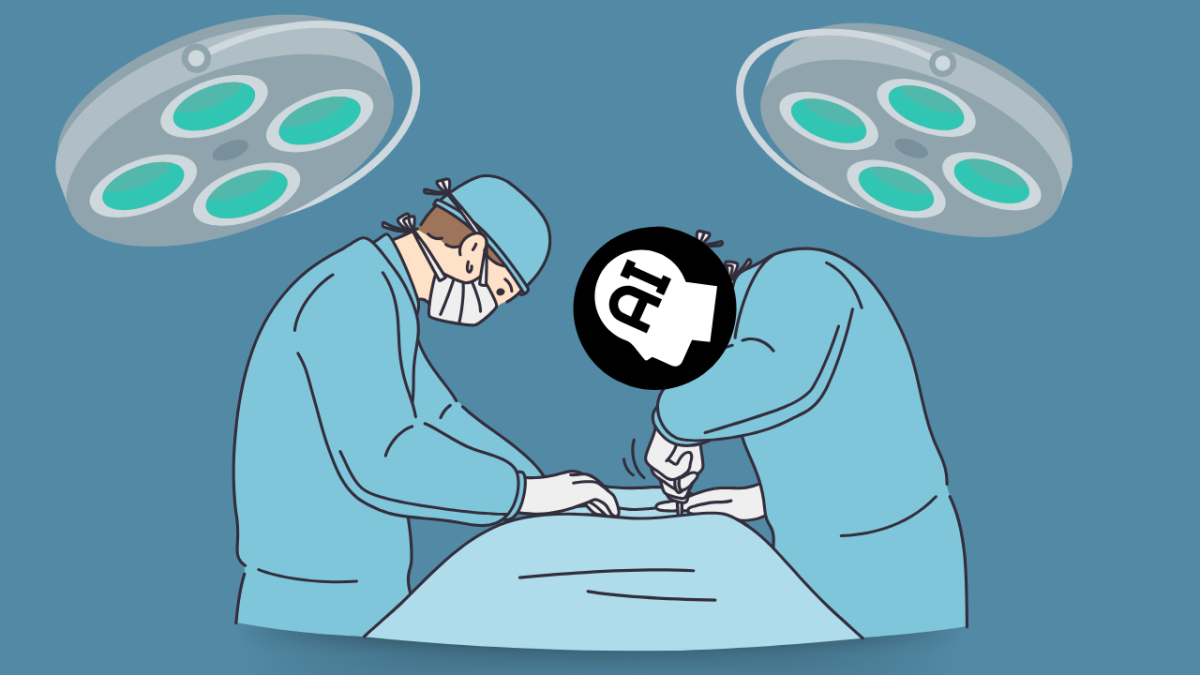The future of Artificial Intelligence (AI) in Healthcare, particularly in diagnosis and treatment, is transforming the field of medicine and research.
AI algorithms are greatly used in image analysis; AI can detect subtle patterns that the human eye can notice. This ability is instrumental in detecting diseases such as cancer, heart disease, and many neurological disorders.
AI is used in the creation of genomic medicine—a branch of medicine that uses an individual’s genetic makeup to tailor drugs, treatment strategies, and diagnosis. Genomic medicine analyzes genetic data and provides reports on disease risk. Through this innovation, doctors can tailor effective treatment plans for genetic disorders and rare diseases such as cystic fibrosis and sickle cell disease.
Adding on, AI is revolutionizing the healthcare field by assisting doctors with creating personalized medicine based on the patient’s unique genetic makeup. In fields like oncology, or the study of cancer, creating the right therapy or drug combination has significant outcomes. AI is also speeding up the drug development process.
“AI can analyze vast datasets of molecular structures proved by data scientists, as well as, create new drugs 10 times faster than traditional drug development (which typically takes over a decade),” said City of Hope staff scientist Dr. Rekha Balakrishnan.
“AI plays a crucial role in the early detection of type 2 diabetes and that helps us to save people. Patients with diabetes are at a higher risk of developing heart disease; with the integration of AI we can identify early signs of diabetes even before clinical symptoms start to appear,” added Dr. Balakrishnan.
In most medical fields, such as neuroscience, AI serves as a powerful assistant to healthcare workers. Furthermore, AI can help prioritize which patients are at a greater risk of developing certain conditions by looking at their electronic health records (EHRs) and analyzing datasets. Additionally, AI can generate a list of potential diagnoses based on the patient’s history and condition, helping clinicians come up with effective treatments.
“I think that AI can be beneficial when it comes to administrative tasks. However, I think that it is important for surgeries and tasks that require more precision to be done by humans,” said senior Edith Ung.
However, there are a few cons to using AI in healthcare. If AI models are trained on inaccurate or biased data, they can make mistakes or provide discriminatory predictions, leading to unfair outcomes when they reflect biases present in the algorithms used in their development. At the end of the day, AI is not capable of providing the nuanced judgments that healthcare professionals can provide patients with.
Ensuring transparency, fairness, and accountability in AI systems is an ongoing development regarding its advancement. By combining the power of AI and the experience of healthcare professionals, significant improvement in diagnosis and treatment for a wide range of diseases is possible in the future.













